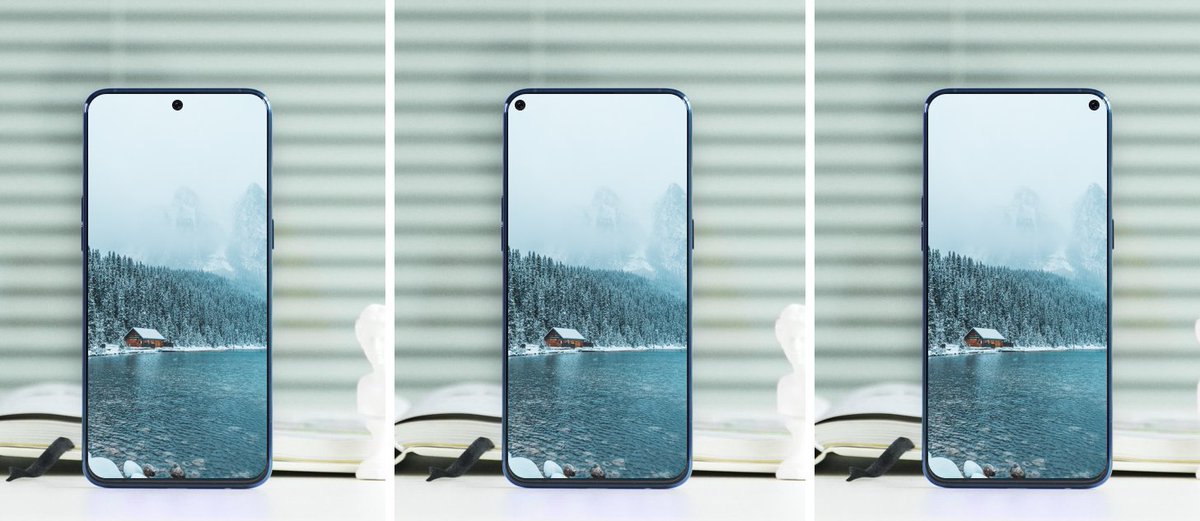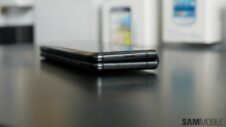Samsung's under display camera (UDC) technology, which would place the front camera under the display and not in a hole punched into the screen, could make its debut next year with the Galaxy Fold 2, according to a report from The Elec. Samsung will reportedly use the same laser technology — called Hole-In-Active-Area (HIAA) — used to drill the holes on the Galaxy S10 and Note 10 displays to place the camera under a supposedly transparent display. The company is apparently going to start mass production of UDC panels early next year.
As noted in the report, putting cameras under the display on a smartphone requires not just innovation in the display-making process but also in the camera's software. Polyimide, the material used for the foldable display on the Galaxy Fold, adds a yellow tinge to the image that the camera receives when it's sitting under the display, and the image also blurs when it passes through the display. While a transparent substrate can circumvent the first issue, new software algorithms are needed to get around the second problem.
It's also difficult to produce too many panels that incorporate Samsung's UDC tech. That might be why the company has chosen to implement it on the Galaxy Fold 2, which is likely to be sold in limited quantities like the original Fold, instead of the Galaxy S11. Even Samsung's punch-hole Infinity display was first introduced in an A series phone instead of the Galaxy S lineup. But, while the Galaxy S10 also had a punch-hole display, it doesn't look like Samsung will be able to make enough UDC panels to put them on the Galaxy S11.
Of course, the possibility that the Galaxy Fold 2 will have the camera under the display is not something written in stone. Samsung had said earlier this year that under display camera technology is still at least one or two years away from being seen on smartphones; the Galaxy Fold 2's launch would fit within that time frame, but the nature of the technology and the skill required to bring it to fruition mean there is no telling exactly when things will be ready for commercial deployment.







